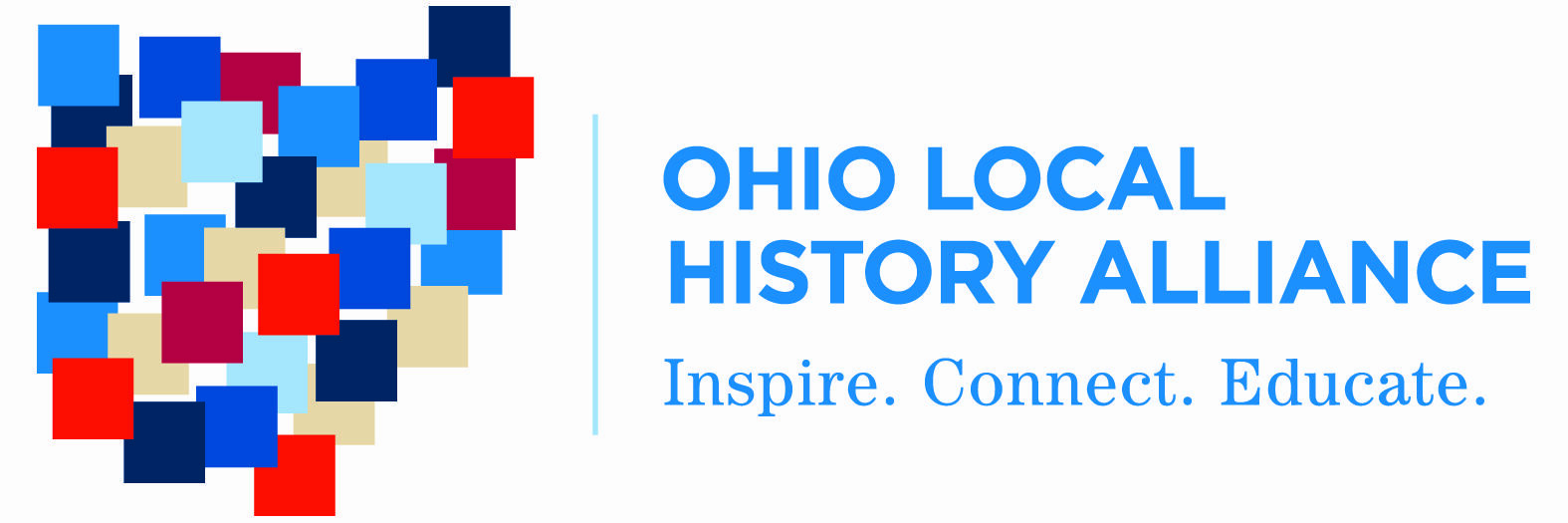Grantwriting: What Experience Taught Us
By Kasey Eichensehr, originally published June 10, 2014.
 A few years ago, the curatorial staff at the Clark County Historical Society did what a lot of local history organizations are doing in these trying economic times – we started looking for grant funding to loosen up our tight budget, especially in the area of collections care. None of us really had any idea what we were doing, but it seemed simple at first glance. Just follow the instructions and answer the questions, right? Of course, it’s not that simple, as we soon found out. But we also found that it’s not impossible either, even for folks with little or no grant writing experience.
A few years ago, the curatorial staff at the Clark County Historical Society did what a lot of local history organizations are doing in these trying economic times – we started looking for grant funding to loosen up our tight budget, especially in the area of collections care. None of us really had any idea what we were doing, but it seemed simple at first glance. Just follow the instructions and answer the questions, right? Of course, it’s not that simple, as we soon found out. But we also found that it’s not impossible either, even for folks with little or no grant writing experience.
Here are a few things we learned between writing our first grant and writing our first successful grant:
- Give yourself plenty of time. Usually, the larger a grant is, the more complicated the application process will be. Even smaller grants may call for a lot of information and documentation that you might not have on hand. Stay abreast of grant deadlines and start as early as you can. It may take some time to identify grant sources the will fund the type of project(s) you have in mind.
- Know yourself. Grantors will often want to know how your proposed project fits with your organization’s long-term goals and institutional identity. Familiarize yourself with your strategic plan. What’s your mission statement? Who do you serve? Consider why your project is important for your organization and community.
- Plan your project thoroughly. Grant applications may call for detailed descriptions of your project – timelines, budgets, staffing – so you’ll want to give some specific and realistic thought to how you’ll accomplish your plan. Consider who will be performing what tasks and why they’re qualified to do so. You should also think about results. Grantmakers want their money to be an investment in the future, so they’ll want to know who will benefit from your project and how, and what you’ll do to sustain and build on those benefits.
- Be prepared to contribute. Many grant programs call for awardees to match funding, but that match can often be in the form of supplies or staff and volunteer time. Think about what you’re going to provide and how to assign a dollar value to it. Consider whether there might be potential partners in your community who could contribute in-kind donations as well.
Ready to give it a shot? Here are a few webpages dedicated to museum and preservation grants:
- museumstudies.si.edu/Header5.html – Smithsonian’s list of federal funding sources for museums
- www.preservationdirectory.com/PreservationGeneralResources/GrantsFundingSources.aspx – A grant guide from PreservationDirectory.com
- www.nedcc.org/free-resources/funding-opportunities/federal-grants – A list of federal granting organizations from the Northeast Document Conservation Center
- www.heritagepreservation.org/CAP/collfunding.html – Available funding sources for collections care from Heritage Preservation.
And don’t forget the Ohio History Connection’s History Fund. Application instructions for 2015 grants available in mid-June.
Kasey Eichensehr is a Region 7 representative of the Ohio Local History Alliance and Curator of the Clark County Historical Society in Springfield, Ohio.
Writing words by Fabio is licensed under CC BY-NC 2.0
